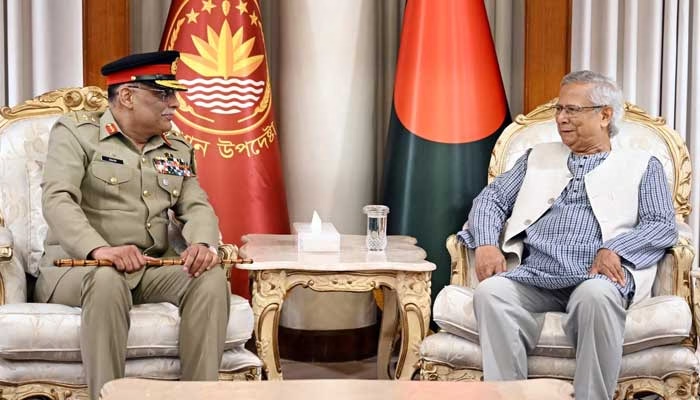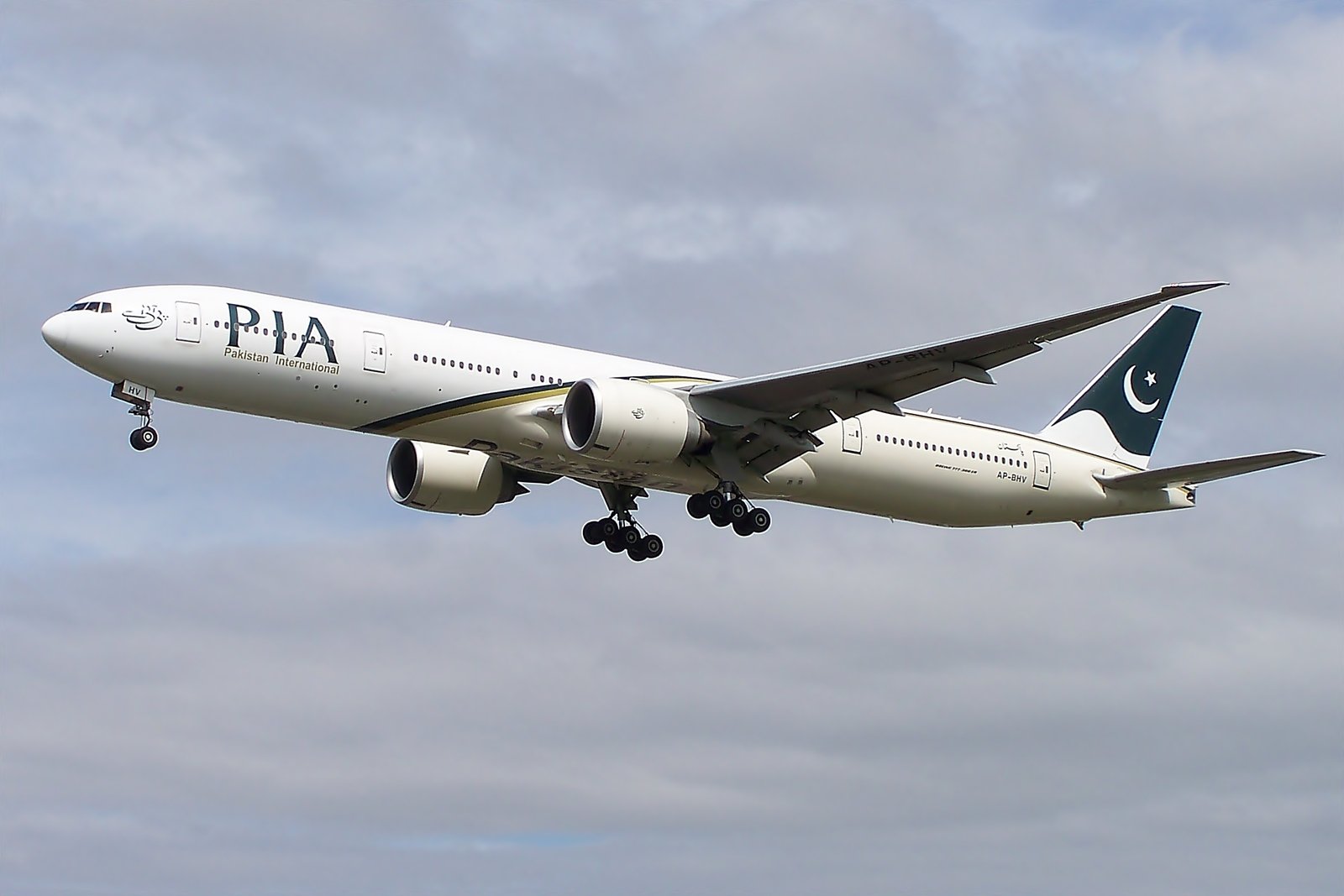The recent visit of Chairman Joint Chiefs of Staff Committee (CJCSC) General Sahir Shamshad Mirza to Bangladesh marks a new chapter in Pakistan and Bangladesh defence and security cooperation. During his meetings with Bangladesh’s Chief Adviser Muhammad Yunus and senior military leadership, both sides reaffirmed their commitment to deepening bilateral relations, focusing on defence collaboration, regional stability, and mutual respect.
Strengthening Bilateral Defence and Security Cooperation
General Sahir Shamshad Mirza’s visit underscores Islamabad’s efforts to expand defence ties with Dhaka. According to the Inter-Services Public Relations (ISPR), the discussions focused on the evolving global and regional environment, the South Asian security situation, and avenues for strengthening military-to-military engagement.
Both sides emphasized the importance of promoting stability and cooperation, agreeing to explore new areas of collaboration in training, capacity building, and joint exercises. The Pakistan and Bangladesh defence and security cooperation initiative is part of a broader strategy to enhance regional peace through constructive engagement.
General Mirza reaffirmed Pakistan’s appreciation for its longstanding fraternal ties with Bangladesh, rooted in shared history, culture, and faith. He highlighted the importance of sovereign equality and mutual respect as guiding principles for future relations. Both parties expressed optimism about further improving cooperation and building a sustainable partnership between the two armed forces.
Military-to-Military Engagements
The visit featured multiple high-level meetings, including separate sessions with Bangladesh’s Chief of Naval Staff Admiral Mohammad Nazmul Hassan, Chief of Air Staff Air Chief Marshal Hasan Mahmood Khan, and Principal Staff Officer Lieutenant General SM Kamrul Hassan. These engagements provided an opportunity to discuss practical measures to strengthen Pakistan and Bangladesh defence and security cooperation through joint training programs, officer exchanges, and information sharing on counterterrorism and disaster response.
In addition, General Mirza visited the School of Infantry and Tactics in Sylhet, where he interacted with faculty members and students. The Bangladeshi civil-military leadership commended the professionalism of Pakistan’s armed forces and their notable achievements in combating terrorism. This acknowledgment reflects the growing respect between the two countries’ military institutions and a shared desire to learn from each other’s experiences.
A Symbol of Renewed Diplomatic Engagement
The CJCSC’s visit comes at a time when Pakistan and Bangladesh relations are steadily improving after years of limited diplomatic contact. Since the ouster of Bangladesh’s former Prime Minister Sheikh Hasina in August 2024 through a student-led movement, Dhaka has experienced major political shifts. These changes have opened new avenues for bilateral cooperation between Islamabad and Dhaka.
With the new leadership under Chief Adviser Muhammad Yunus, Bangladesh has shown interest in re-engaging with regional partners, including Pakistan. The Pakistan and Bangladesh defence and security cooperation initiative aligns with this renewed diplomatic approach, aiming to build mutual trust and stability in the region.
Recent Developments in Bilateral Relations
Over the past year, both nations have taken concrete steps to improve ties. In September 2024, Pakistan’s Prime Minister Shehbaz Sharif met Muhammad Yunus on the sidelines of the 79th UN General Assembly session, emphasizing regional harmony and economic cooperation.
In August 2025, Deputy Prime Minister and Foreign Minister Ishaq Dar also met Bangladesh’s Chief Adviser during an official visit focused on strengthening bilateral and regional cooperation. These diplomatic interactions paved the way for General Mirza’s military-level engagements, reflecting a consistent trajectory toward normalized relations.
One of the most significant developments was the initiation of direct government-to-government trade earlier this year. For the first time in decades, Pakistan and Bangladesh began official trade exchanges, starting with the import of 50,000 tonnes of rice from Dhaka. This step demonstrated that economic and security cooperation could move forward simultaneously, setting a positive precedent for future collaboration.
Regional Implications and Strategic Outlook
The Pakistan and Bangladesh defence and security cooperation initiative holds broader regional implications. With India-Bangladesh relations becoming strained since the political transition in Dhaka, Pakistan’s outreach represents a timely opportunity to re-establish its presence in South Asia’s evolving geopolitical landscape.
By strengthening defence ties, Islamabad and Dhaka can play a constructive role in promoting stability in the Bay of Bengal region, countering terrorism, and ensuring maritime security. Both countries share mutual concerns over transnational threats, including militancy, piracy, and natural disasters, which necessitate stronger coordination between their armed forces.
Experts believe that the visit signifies not only a military collaboration but also a diplomatic breakthrough that could reshape regional dynamics. As both countries engage more actively, there is potential for greater cooperation in peacekeeping missions, defence production, and regional crisis management.
General Sahir Shamshad Mirza’s visit to Bangladesh represents a vital step in the revival of Pakistan and Bangladesh defence and security cooperation. Through high-level meetings, mutual appreciation, and renewed commitment to collaboration, both sides have demonstrated a shared vision for peace, progress, and stability.
The evolving partnership signals the beginning of a new era of engagement — one grounded in trust, mutual respect, and shared regional interests. As Pakistan and Bangladesh continue to rebuild diplomatic and military relations, their cooperation could emerge as a cornerstone for broader South Asian stability and a model of pragmatic regional diplomacy.



